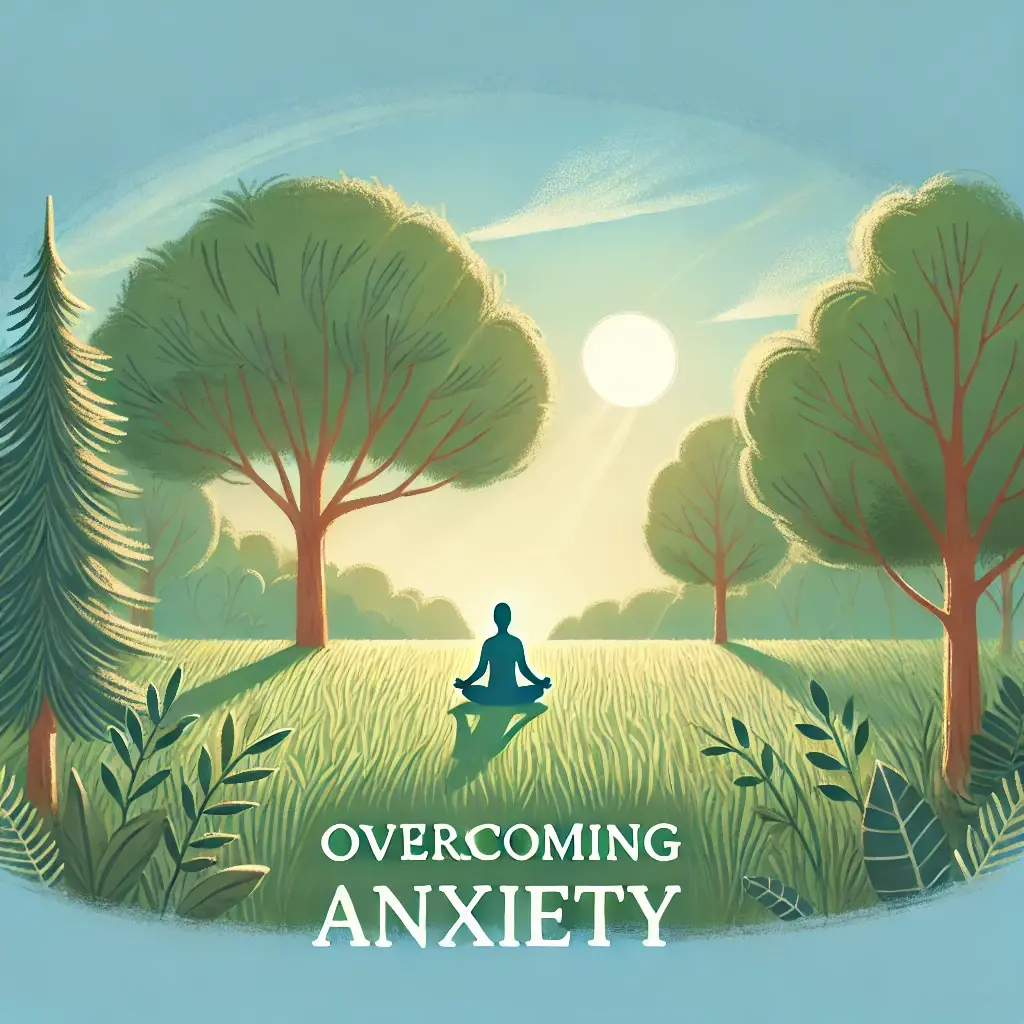Anxiety is a natural response to stress, but when it becomes overwhelming or persistent, it can interfere with daily life. Whether it’s mild unease or severe panic, understanding and managing anxiety is essential for overall well-being. Here are 10 effective tips to help you overcome anxiety and regain control of your life.
1. Understand Your Anxiety
To manage anxiety, you first need to understand it. Anxiety often stems from fear of the unknown, past experiences, or specific triggers. Keep a journal to identify patterns and note situations or thoughts that cause stress. Understanding the root of your anxiety is the first step to overcoming it.
2. Practice Deep Breathing
Deep breathing can help calm your nervous system. Try the 4-7-8 technique: inhale for 4 seconds, hold your breath for 7 seconds, and exhale slowly for 8 seconds. This simple practice can reduce stress and bring immediate relief during anxious moments.
3. Incorporate Regular Exercise
Physical activity releases endorphins, the body’s natural mood elevators. Aim for at least 30 minutes of moderate exercise, such as walking, yoga, or cycling, most days of the week. Exercise not only improves physical health but also reduces the intensity of anxiety symptoms.
4. Limit Caffeine and Alcohol
Caffeine and alcohol can exacerbate anxiety. Caffeine stimulates your nervous system, which might heighten feelings of unease, while alcohol can disrupt sleep and emotional regulation. Opt for herbal teas, water, or other non-caffeinated beverages to maintain a calm state.
5. Focus on Sleep Hygiene
Lack of sleep can worsen anxiety. Create a relaxing bedtime routine to signal your body that it’s time to wind down. Avoid screens an hour before bed, maintain a consistent sleep schedule, and ensure your bedroom is a comfortable, peaceful environment.
6. Practice Mindfulness and Meditation
Mindfulness teaches you to focus on the present moment rather than worrying about the past or future. Meditation, even for 5-10 minutes a day, can help quiet a racing mind. Apps like Headspace and Calm offer guided sessions to make starting easier.
7. Build a Support System
Talking to someone you trust can alleviate feelings of isolation. Whether it’s a friend, family member, or therapist, sharing your thoughts and concerns can provide perspective and support. Joining support groups can also connect you with people who understand your struggles.
8. Challenge Negative Thoughts
Anxiety often feeds on negative thinking patterns. Practice cognitive restructuring by questioning the validity of these thoughts. Ask yourself, “Is this thought realistic? What evidence supports it?” Replacing irrational fears with balanced thoughts can significantly reduce anxiety.
9. Set Realistic Goals
Feeling overwhelmed can intensify anxiety. Break tasks into smaller, manageable steps and set realistic goals. Celebrate your achievements, no matter how small, to build confidence and reduce stress.
10. Seek Professional Help When Needed
If anxiety becomes unmanageable, don’t hesitate to seek professional help. Therapists and psychiatrists can provide effective treatments, such as Cognitive Behavioral Therapy (CBT) or medication, to help you regain control.
Final Thoughts
Overcoming anxiety takes time and consistent effort, but it’s possible. By understanding your triggers, practicing self-care, and seeking support when necessary, you can manage anxiety effectively and lead a fulfilling life.
Take the first step today—your mental health matters. If you’re struggling, don’t hesitate to reach out to a mental health professional. Remember, you are not alone in this journey.






